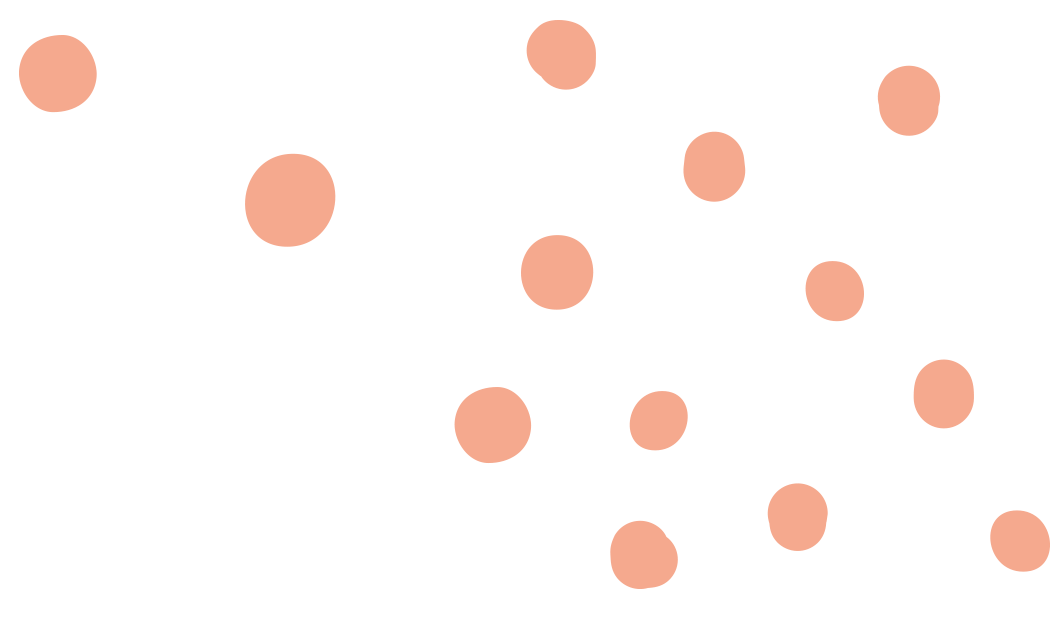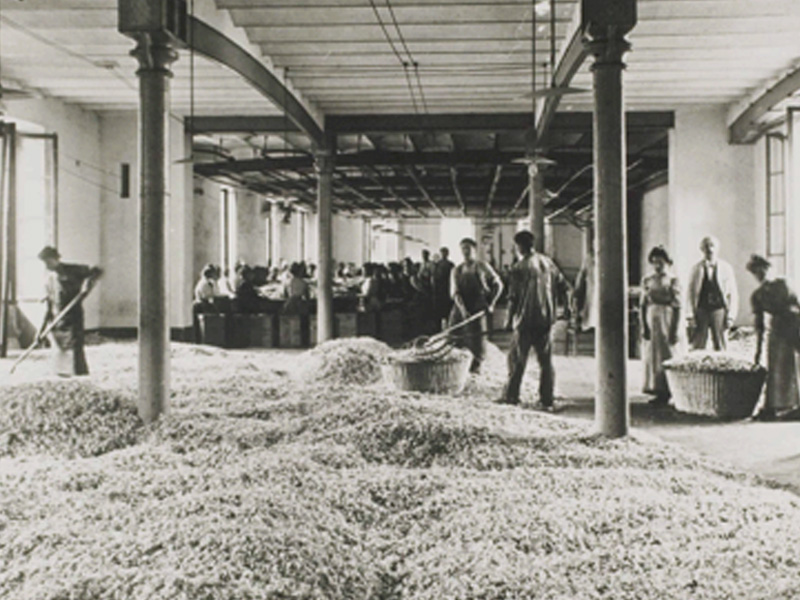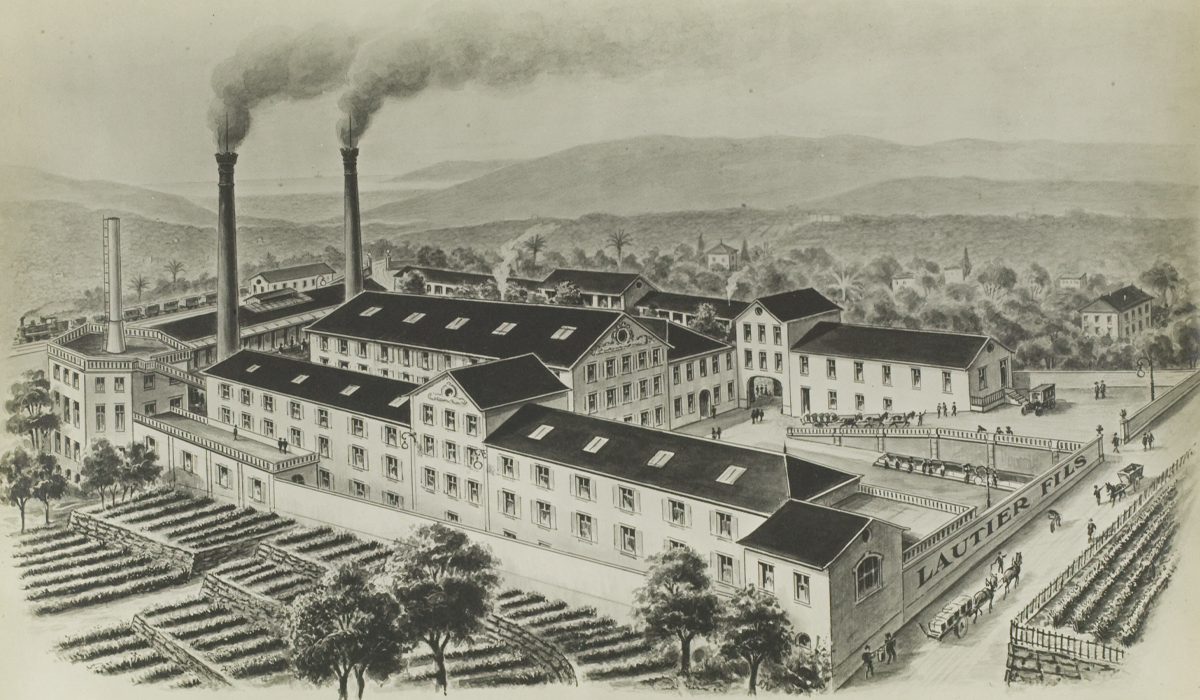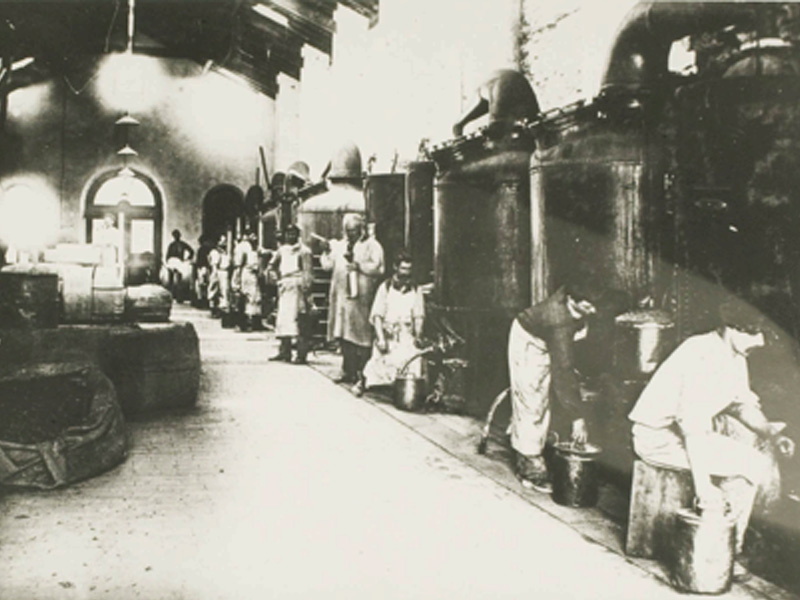“Working with natural products is deeply embedded in the Symrise DNA. From the company’s beginnings in 1874, when its founders extracted vanillin from conifers, to today, when we process thousands of raw materials from nature,” says Ricardo Omori. The company now wants to pursue this approach even more actively and also display it externally, explains Omori, who is Senior Vice President Global Fine Fragrances and responsible for the business development of the division.
To do this, the company looked to the 220 year old Maison Lautier brand, a symbol of luxury natural materials. As a first step, Omori’s team first commissioned a historian to explore the history of the storied brand. She discovered the exciting story that begins in 1795 with a perfume merchant and producer in southern France in the city of Grasse, the birthplace of perfume. “We already knew a little bit, but I still found it very interesting to learn about the parallels between then and now,” says Ricardo Omori. His colleague Veronique Ferval adds, “What’s fascinating to me is that we basically still follow the approach of our predecessors: We rely on natural raw materials, which we extract through a great deal of manual labor and develop with highly innovative technologies.” As Vice President Creation Fine Fragrances Global, Ferval spends all of her time with fragrances and accordingly has a special relationship with these creative solutions. “It’s like a magical process.”
In the coming years Symrise will further strengthen the Maison Lautier brand by increasing the number of natural raw materials in the palette with a focus on three main pillars: Madagascar, Artisan, High Tech. “For example, in Madagascar we are constantly testing new plants to see if they are suitable for the production of essences,” says Omori.
Symrise has long been familiar with the rich diversity on the East African island. Symrise’s vanilla project, which the company launched in Madagascar 15 years ago, brought the country even more sharply into focus. “We created backward integration there, meaning we took over upstream manufacturing steps. This allows us to obtain reliably available and sustainably produced raw materials while supporting thousands of small farmers,” explains Omori.
This model now serves as an example that the company follows all over the world – for example, in Ecuador, Brazil and Indonesia. This is also where the second pillar of the new brand comes in. Ferval explains, “We work in part exclusively with suppliers who know the farmers well and refine their raw materials, using handcrafted methods that are both gentle and efficient. This guarantees us high-quality substances for our portfolio.” In the past four years alone, around 42 ingredients have come onto the market in this way, which will become part of the Maison Lautier label in the future. The company will be able to launch between three and ten new substances annually, Omori estimates, with a market volume of € 400 to 500 million each in the same period.
The third pillar is the technologies Symrise uses to process the natural substances and, above all, to use them as efficiently as possible. Omori calls the Symtrap™ process a good example of this. “This has allowed us to develop new, natural essences from leftovers from vegetable production in France, which can now also replace synthetic flavors,” says Omori, emphasizing the special nature of the process. And Omori has even bigger goals for the brand. “Under the Maison Lautier umbrella, we will build an exciting portfolio that would still inspire its founders in Grasse with its creativity and innovation.”

“Under the Maison Lautier umbrella, we will build an exciting portfolio that would still inspire its founders in Grasse with its creativity and innovation.”
Ricardo Omori,
Senior Vice President Global Fine Fragrances
Maison Lautier
More than 200 years of expertise in fragrances
1795
Amid the turmoil of the French Revolution and just a few years before Napoleon came to power, François Rancé started his business. In 1795, the glove maker founded Maison Rancé, a new business dealing in fragrances made from flowers and other plants, in the south of France in Grasse, supported by his five sons. In doing so, he laid a stone in the foundation for the city’s reputation as the world capital of perfume.

1920
Over the following centuries, the business grew, and the company became one of the most important raw material processing companies in Grasse. It continued to use more and more different perfume plants, invest in research and apply for patents for new processes to extract oils and process fragrances in cosmetic products. The company also became increasingly international, and by 1920, it had branches and warehouses in Algeria, Beirut, Paris, London, New York, Chicago and Kobe.
1995
After World War II, Lautier Fils struggled with economic difficulties. In 1972, the French pharmaceutical and chemical group Rhône-Poulenc, now part of Sanofi-Aventis, became the majority shareholder. In 1981, the brand was transferred to the US manufacturer Florasynth, which was in turn acquired by Bayer in 1995. The German group merged Lautier Fils with the Flavor Division of its subsidiary Haarmann & Reimer, one of the two predecessor companies of Symrise. After that, the brand name was no longer used.

1845
Almost 1,000 kilometers further north in Paris and 50 years later, Jean-Baptiste Lautier started a perfume business. In order to secure its raw materials, he built distillation stations in the southeast part of the country. This made him the first merchant to extract the highly fragrant lavender oils used as the basis of many perfumes, and he later secured a monopoly on the sale of geranium essences from Algeria.
1862
A few years later, the two families came together, as Lautier married a granddaughter of François Rancé. With his wife’s brother, Lautier ran a factory near Grasse and in 1862 took part in the World’s Fair in London. The two men subsequently fell out – and Lautier founded his own company, Lautier Fils, with the brand Maison Lautier in 1865.

